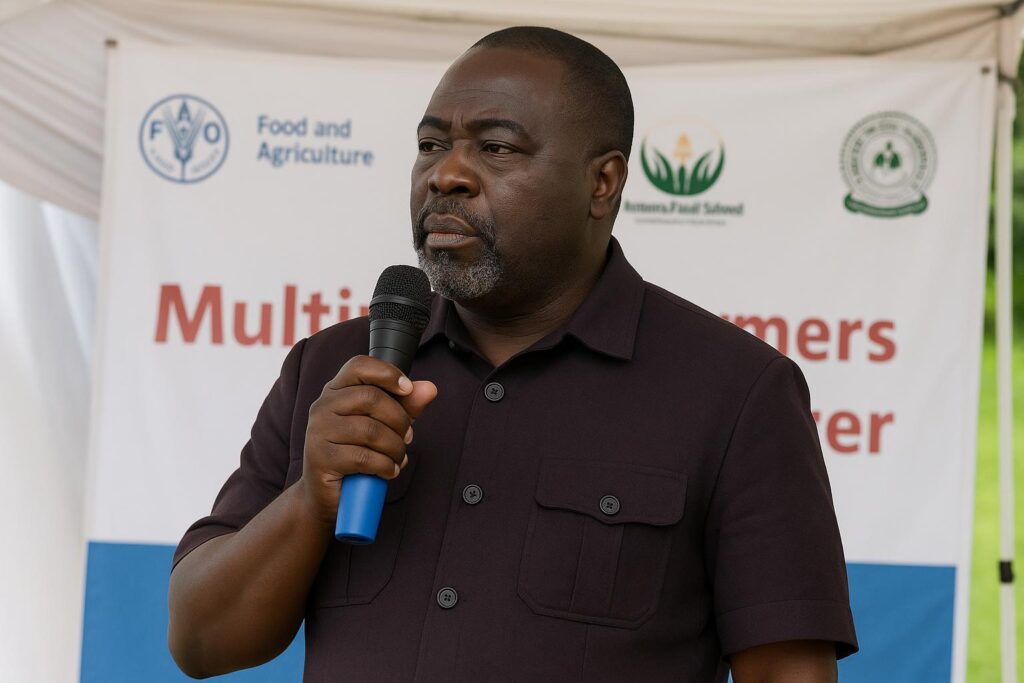Rampant Looting Alarms Authorities
Drivers hauling sorghum, fuel and cement along the 210-kilometre Wau-Tonj corridor say ambushes have intensified since early May, with armed groups stripping trucks and passengers within minutes, sometimes in daylight.
Local trading unions recorded at least seven incidents last month alone, pushing transport premiums up by 30 percent and forcing small traders to suspend deliveries to remote cattle camps.
Governor Okello’s Security Directive
Addressing farmers in Nyiwara during the handover of an FAO-built centre, Governor Emmanuel Primo Okello pledged ‘swift, coordinated action’ to restore confidence on the road.
“This road carries our lifeline,” he told the crowd. “We constructed it for services and trade, not for criminals. Chiefs, youth leaders and security organs will hunt down the spoilers.”
Call for Unified Forces
Okello appealed directly to Sudan People’s Liberation Army-In Opposition personnel stationed nearby to join regular forces in joint patrols, saying political differences must not ‘open gates for banditry’.
Security officers confirm that mixed patrols, including SPLA-IO, national police and wildlife rangers, will begin escort runs at first light, using motorbikes to reach bush tracks trucks cannot navigate.
Civil Society Backing
Stephen Robo Musa, head of the state civil society network, welcomed the governor’s stance, arguing that villagers are ‘the first intelligence line’ because they notice strangers and sudden gunshots before the army does.
Community Empowerment for Progress Organization plans door-to-door awareness campaigns urging residents to report illicit weapons and unfamiliar faces via a toll-free hotline launched last year.
Economic Stakes on the Line
The Wau-Tonj link feeds markets as far as Bentiu and Rumbek; logistic firms warn that persistent insecurity could add 15 US cents per kilo to food prices, worsening already fragile household budgets.
Regional economist Atong Bior notes that stabilising the corridor would ‘signal readiness for private capital’, from agri-processors to mobile-money operators eyeing underserved rural clusters.
Next Steps Under Review
State lawmakers are drafting an emergency ordinance empowering county courts to fast-track bandit cases, while the road authority considers installing solar-powered call boxes every 30 kilometres.
For now, transporters hope the announced sweep will translate into visible boots on the ground and uninterrupted convoys before the August rains turn dirt segments into quagmires.


